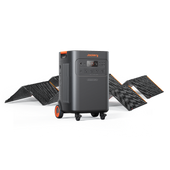


















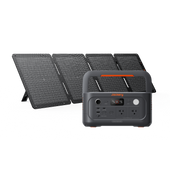





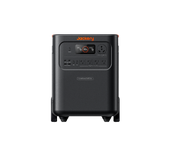


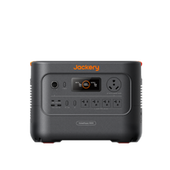








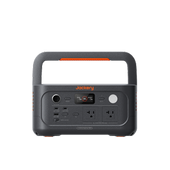












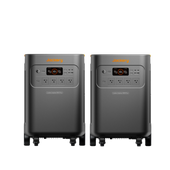


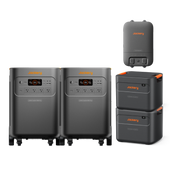























![[Add - on] Jackery Manual Transfer Switch for Explorer 5000 Plus - Jackery](http://www.jackery.com/cdn/shop/files/add-on-jackery-manual-transfer-switch-for-explorer-5000-plus-9017324.png?v=1754016782&width=170)
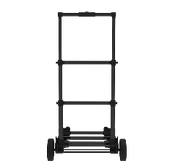










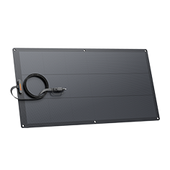
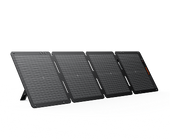




























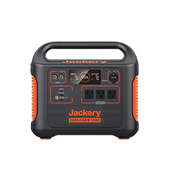










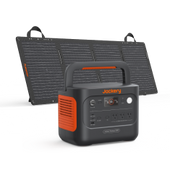


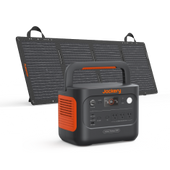












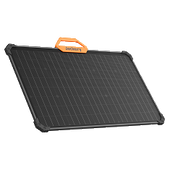






























































































































































































![[Add - on] Jackery Manual Transfer Switch for Explorer 5000 Plus - Jackery](http://www.jackery.com/cdn/shop/files/add-on-jackery-manual-transfer-switch-for-explorer-5000-plus-9017324.png?v=1754016782&width=170)






































































New Year Sale
UP TO 53% OFF
Set Up Your Power for the Year Ahead
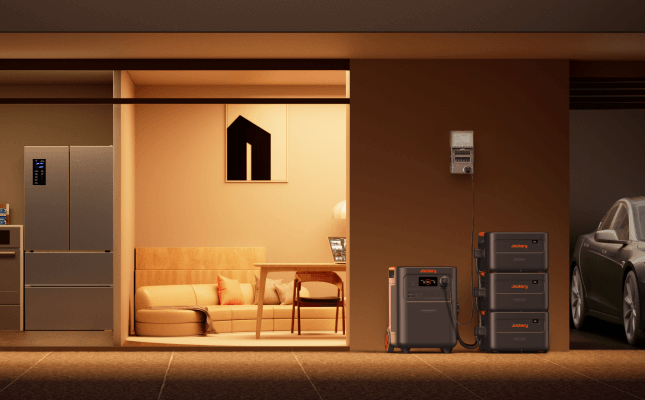







It is a clear July morning in rural New York when Jerrett Shephard, a general contractor, sits down to talk about something that, for him, has quietly but profoundly reshaped the contours of daily life: the hum of silence. Or, more accurately, the absence of the roar and sputter that once defined every job site and every sudden storm that swept across his family’s wooded corner of the state. Jerrett has spent years navigating a paradox at the heart of rural American life: the land is wide and rugged, the work is physical, but the grid, those invisible lines that carry power to light a lamp, cool a room, or store a freezer full of milk, is always precariously close to failure. The old farmhouses he repairs and restores are charming but stubbornly outdated, wired with aging circuits that groan under the load of modern tools. “When you’re running a table saw or a chop saw out here,” Jerrett says, leaning forward, “you’re basically fighting distance. If the outlet’s a hundred feet away, and the breaker panel can’t handle the load—you could lose your whole day.”
For years, Jerrett did what every tradesman in the countryside does: he lugged around heavy gas generators, sticky with the scent of gasoline, deafening with their endless drone. He had to wear hearing protection all day, and worried about spare cans of fuel rattling in the back of his truck. But that life started to shift the day he stumbled across a string of YouTube reviews—ordinary people testing something quieter, cleaner, and more flexible than the gas guzzlers he’d known. “I was watching people who knew way more than me about battery types and inverters,” he says. “I kept seeing Jackery pop up. ”What caught Jerrett’s eye wasn’t just the promise of portable electricity; it was the idea that his power supply could adapt to him, not the other way around. The Explorer 2000 Plus, with its expandable batteries and lithium iron phosphate cells, felt like a safeguard for the future, a piece of kit that could grow with his work and his family’s needs. The real test, though, didn’t come on a job site. It came in the basement of his own home, in the middle of a storm. A few years ago, Jerrett’s wife, an on-call nurse, had stored six months’ worth of breast milk for their infant son in a deep freezer. One storm knocked out their power for more than a day, leaving them staring at an electric clock that never turned back on. The family spent hours packing coolers, ferrying milk across town to his father’s house, hoping to salvage what they could. “That was it,” Jerrett says, shaking his head at the memory. “That was the moment I realized we needed a real backup.”
Now, the Jackery hums along in near-silence. It doesn’t smell like gas. It doesn’t bark to life at dawn. It just sits quietly, a sentinel in the corner of the basement, wired into the house’s transfer switch like an invisible heartbeat. By night, it charges off the grid’s off-peak rates. By day, it picks up the slack—powering lights, the refrigerator, the freezer, the Wi-Fi. When a storm hits, the lights don’t even flicker; the TV stays on. Jerrett’s wife doesn’t have to drive to the hospital just to stay connected if the call comes in at 2 a.m.
For a contractor, the real-world test is the job site, where the tools don’t care about your power source as long as the blade keeps turning. For Jerrett, the Jackery has become a trusted work companion, especially for those bigger saws that drain his cordless batteries too fast. He likes that he can roll it into position, no extension cords snaking across the yard, no worries about popping old breakers in a century-old house. “The portability is huge,” he says. “And there’s no noise. No fumes. I can talk to my guys without shouting.” There are limitations, of course. He’s learned to manage his household draw, watching how the Jackery performs when the air conditioning kicks in. “It can’t do everything,” he says. “But it does everything I need. And if I ever want more, I can just add another battery. It grows with me.” What’s more surprising is how the unit has changed the rhythm of the family’s daily life. Jerrett has wired it into the essentials—lights, refrigeration, and Wi-Fi. In rural New York, where cell phone coverage flickers in and out, losing Wi-Fi means losing everything: his wife’s calls from the hospital, his clients’ messages, his own connection to the outside world. “We’ve lost power more times than I can count,” he says. “And now, half the time we don’t even notice. We’ll be watching TV, and one of us will notice that the stove is off. That’s when we realized the grid went out.”
Jerrett is the kind of person who’s always thinking ahead. Even with the system running smoothly day and night, he’s looking for ways to make it work smarter, tracking usage, planning for the next upgrade, or fine-tuning how much more he can save on his bill each month. By charging at night when rates are lowest and letting the Jackery handle daily needs, the Shephards have already cut their monthly electric bill by up to 40 percent, savings that, as Jerrett says, “pretty much pay for the unit itself.” True to his do-it-yourself spirit, he’s mapping out future add-ons too: a simple outdoor inlet for a gas generator, just in case a major storm knocks out the grid for longer than expected. It’s not about replacing the Jackery, it’s about making sure the quiet, reliable power they now count on is always ready for anything. In the end, that’s what the bright orange box has come to mean for Jerrett and his family. It’s not just backup power; it’s the freedom to live fully off the beaten path, without giving up the comfort and security they deserve. When the lights flicker, they don’t go dark. His wife stays on call, the milk stays frozen, and the saw keeps cutting, just the way Jerrett likes it.
“Peace of mind,” Jerrett says, when asked to sum it all up. He says it like a man who’s seen enough of what it feels like to go without it. And if you were to stand outside his old farmhouse on a quiet New York night, you might see a faint glow seeping from the basement window, Jackery’s steady indicator light humming like a nightlight for the life above. Somewhere upstairs, a baby sleeps, a freezer hums, a phone stays charged for a call that might save a life before dawn.In an old farmhouse tucked between fields and forest, that small circle of light is a promise: the storm will come, but the power will stay. And for Jerrett Shephard and his family, that hum of silence is the sound of a new normal—one watt at a time.
More